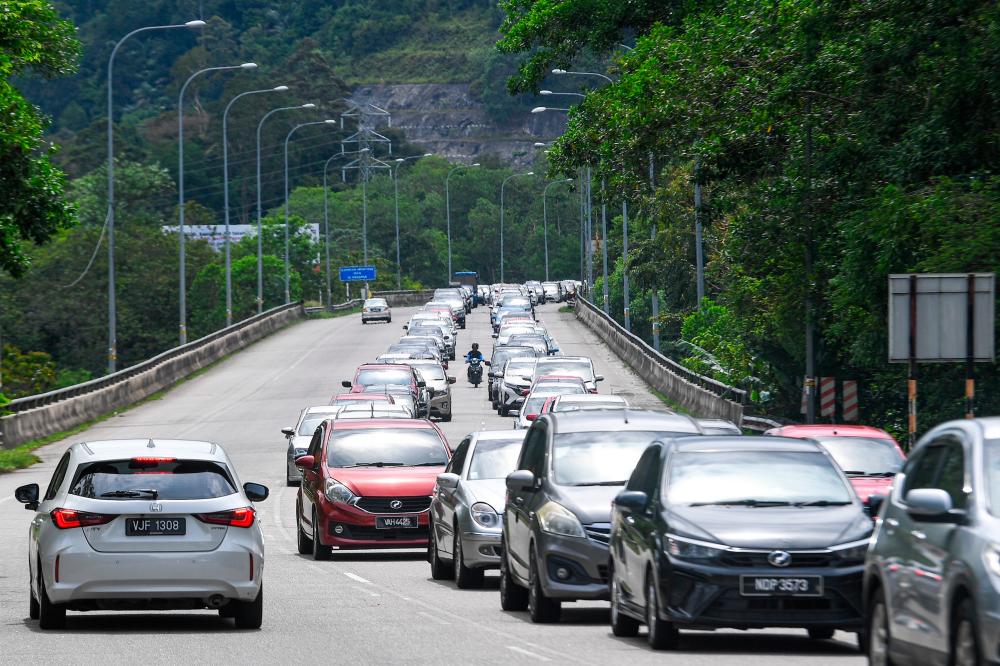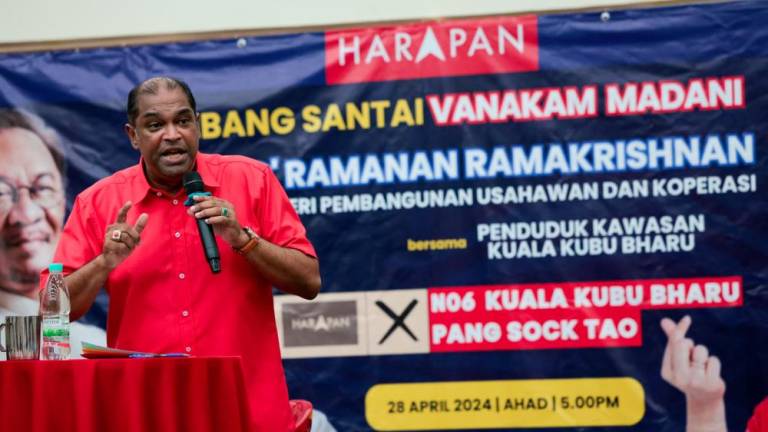KUALA LUMPUR: The World Health Organisation (WHO) in Malaysia has unveiled essential travel tips and advisories aimed at ensuring the safety of travellers in conjunction with this Aidilfitri festive season.
Injury Prevention and Road Safety Consultant at the WHO Representative Office for Malaysia, Brunei Darussalam, and Singapore, Dr Kulanthayan Mani, said there are five critical safety measures endorsed by WHO including reducing speed, using seat belts, utilising child restraint seats, ensuring sufficient sleep and rest, and opting for public transport.
He emphasised the significant impact of speed on road safety, citing its role in causing injuries and accidents.
“Speed reduction has a double benefit where it helps to prevent from a road crash happening since at lower speeds, we have better control and concentration of the machine and roadway system.
“Therefore, lower speed can help to prevent injury and reduce severity of injury. A 1km speed drop can help reduce three per cent of crash injuries and 4-5 per cent of crash fatalities,” he said in a statement.
Addressing the use of seat belts, Dr Kulanthayan underscored their efficacy in restraining occupants and reducing the risk of death by up to 50 per cent, emphasising the importance of all adult car occupants, including rear passengers, wearing seat belts to prevent injuries.
Regarding child safety, he stressed the necessity of using child restraint seats for children below 135cm and 36kg in weight and emphasised the importance of adequate sleep and rest before travel, noting its role in maintaining alertness and preventing fatigue-related accidents.
He also urged the public to use public transportation during this festive season, adding all public transport operators should continuously maintain the level of safety on the road as they carry a very large number of passengers with them.
“Public transport is the safest mode of transport especially the rail-based system as they do not share the same route with other modes of transport.
“Globally countries with good rail-based public transport systems record lower road crashes and fatalities,” he added.










